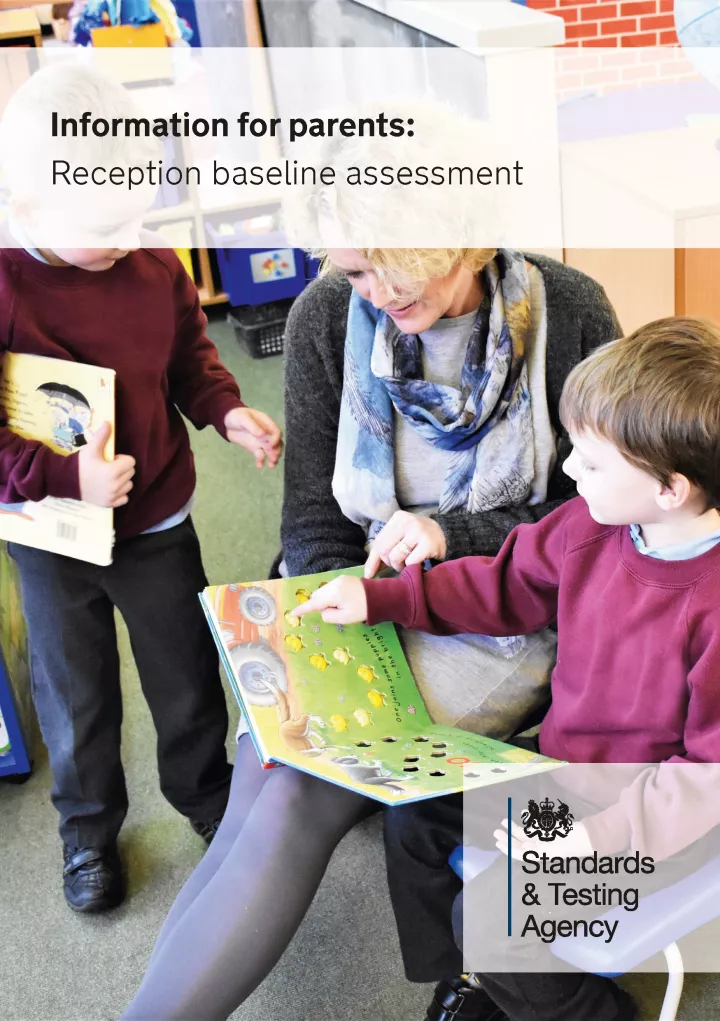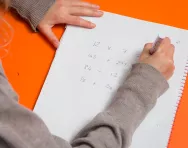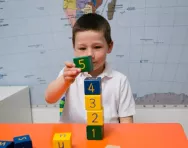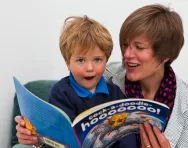Important update from TheSchoolRun
For the past 13 years, TheSchoolRun has been run by a small team of mums working from home, dedicated to providing quality educational resources to primary school parents. Unfortunately, rising supplier costs and falling revenue have made it impossible for us to continue operating, and we’ve had to make the difficult decision to close. The good news: We’ve arranged for another educational provider to take over many of our resources. These will be hosted on a new portal, where the content will be updated and expanded to support your child’s learning.
What this means for subscribers:
- Your subscription is still active, and for now, you can keep using the website as normal — just log in with your usual details to access all our articles and resources*.
- In a few months, all resources will move to the new portal. You’ll continue to have access there until your subscription ends. We’ll send you full details nearer the time.
- As a thank you for your support, we’ll also be sending you 16 primary school eBooks (worth £108.84) to download and keep.
A few changes to be aware of:
- The Learning Journey weekly email has ended, but your child’s plan will still be updated on your dashboard each Monday. Just log in to see the recommended worksheets.
- The 11+ weekly emails have now ended. We sent you all the remaining emails in the series at the end of March — please check your inbox (and spam folder) if you haven’t seen them. You can also follow the full programme here: 11+ Learning Journey.
If you have any questions, please contact us at [email protected]. Thank you for being part of our journey it’s been a privilege to support your family’s learning.
*If you need to reset your password, it will still work as usual. Please check your spam folder if the reset email doesn’t appear in your inbox.
7 things you need to know about the Reception Baseline Assessment (RBA)
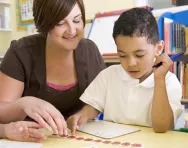
If you’ve heard that your new Reception starter will be assessed in their first few weeks of school, it’s natural to worry about whether they’ll ‘measure up’ at this early stage of their education. But the Reception Baseline Assessment (RBA) is actually an enjoyable, no-pressure way of gauging the skills and knowledge of the whole class at the start of their primary school journey, and your child is unlikely to know they’re even doing it.
Here are seven things every parent should know about the RBA.
1. It’s not a test
The RBA takes place within their first six weeks of Reception, but if alarm bells are ringing at the thought of your tiny four- or five-year-old being tested, try not to worry.
“The word ‘assessment’ can conjure up images or memories of exam halls, silence and a sinking feeling in the pit of your stomach,” says Claire Harnden, Deputy CEO at South Farnham Educational Trust and advisor to the Department for Education for the RBA.
But the RBA is very informal, with the teacher and child sitting together to complete simple, enjoyable activities. “It’s good to remember that the root of the word ‘assessment’ is ‘to sit beside’, and that is exactly what the RBA looks like,” Claire explains.
The RBA is not used to judge children individually; it’s a snapshot of their knowledge and skills on starting Reception. Their teacher won’t label or pigeonhole them based on the outcome of the assessment; rather, it gives a picture of the current ability level of their class as a whole.
In the long run, the RBA will actually mean primary school pupils face fewer tests, as Key Stage 1 SATs in Year 2 are to be discontinued, once the RBA is fully established.
2. Most children really enjoy the RBA
The RBA is carried out by your child’s Reception teacher or teaching assistant on a one-to-one basis, and is highly interactive.
Most children love having the undivided attention of their teacher or TA for 15 minutes or so. “The opportunity to take time to sit with each child individually during these early weeks is a hugely beneficial activity for the child and their teacher,” Claire says.
The tasks are designed to be engaging and appealing, with many based on handling and moving objects around, as if in play. And if your child gets bored or distracted, no problem – their teacher can stop the assessment at any point and continue it at another time.
3. The tasks are age-appropriate
The RBA consists of a series of tasks, each of which contains a small number of activities – and they’re all tailored to Reception children’s age and stage.
It looks at children’s skills and knowledge in two areas – maths, and literacy, communication and language. Most of the tasks are hands-on and involve them pointing to or moving objects. “They are focused on tasks and questions that may relate to the movement of colourful objects, cards or pictures,” says Claire.
Only about a third of the activities require a verbal response – so even if your child has difficulty with speech and communication, they can still perform well in the RBA.
4. They won’t be under any pressure
Absolutely no pressure is put on children before or during the RBA. “Children are unaware that they’re even doing an assessment – it’s simply part of their daily activities,” Claire explains.
The tasks in the RBA get gradually more difficult, but if a child is finding an activity too challenging, their teacher will skip it and move onto the next one. This eliminates any stress, and also prevents the child getting restless or demotivated.
5. There’s no such thing as ‘pass’ or ‘fail’
The purpose of the RBA is not to make a judgement about your child, or to rank pupils by ability, but to provide a picture of the entire class’s ‘baseline’ on starting school – that is, the general skill and knowledge level across the whole of Reception. As such, there is no ‘pass mark’ and your child can’t ‘fail’ the RBA.
Seven years later, in Year 6, the results of Key Stage 2 SATs are compared with that class’s RBA results to give a picture of how well the children have progressed throughout primary school. This allows the Department for Education to see whether the school is meeting children’s needs and helping them reach their potential.
As a parent or carer, you won’t be given your child’s score – in fact, even schools aren’t told pupils’ individual scores. Instead, teachers receive a series of short statements at the time the assessment is administered about each child that outlines the skills and knowledge that they demonstrated.
Schools may choose to share these statements with parents. They may do so as part of the child’s wider school report, or at your parent-teacher consultation. If the school doesn’t routinely share the statements but you would like to see them, you can ask for them to be given to you.
6. No preparation is needed
If you’re wondering why you can’t find examples of RBA activities or ‘past papers’ online, it’s for a good reason. Your child doesn’t need to do any practice for the assessment, and there’s nothing you should be doing at home to get them ready for it.
“There is absolutely no requirement – or way – to prepare a child for this assessment,” says Claire. In fact, it’s actively discouraged.
7. It helps your child’s teacher support them better
At the start of Reception, when the teacher and their new class are all settling into the new school year, the RBA will help their teacher get to know them better: “The teachers who are administering the RBA will be establishing new relationships with each child, and are best placed to ensure that the experience is positive,” says Claire.
The information that the RBA generates will help your child thrive in their Reception year, as their teacher can use it to understand their current level of knowledge and ability. This means they can plan tasks and activities that extend them in areas where they’re strong, and give them extra support in areas that they find more challenging.
“The teacher now has a better idea of how to design learning for them,” says Claire. “It only affects children in a positive way.”
This article was produced with the support of the Department for Education.
For more information about the RBA, download and read the Information for parents: Reception baseline assessment leaflet from the Standards & Testing Agency.
